What is Crawl Depth and Why Does it Matter?
Crawl depth refers to the level or distance of a webpage within a website’s architecture from the starting point, typically the homepage. It indicates the number of clicks or steps required for a search engine bot to reach a specific page from the homepage or another starting point. Essentially, it’s the number of links a crawler must navigate through to reach a particular page.
For example, a page that can be accessed directly from the homepage without any intermediate clicks has a shallow crawl depth. Conversely, a page that requires multiple clicks or passes through several intermediate pages has a deeper crawl depth.
Crawl depth is important because it affects how search engine bots discover and index web content. Pages with shallow crawl depth are easier and more frequently crawled by search engines, leading to faster indexing and improved visibility in search results. On the other hand, pages with deeper crawl depth may experience delayed or limited crawling, potentially affecting their visibility and ranking.
Why You Should Manage Crawl Depth
- Improved Indexing and Visibility: Ensuring that important pages have shallow crawl depth increases the likelihood of timely discovery and inclusion in search engine indexes.
- Better User Experience and Navigation: A shallow crawl depth facilitates a user-friendly experience, allowing visitors to quickly find relevant content. Easy navigation enhances user engagement and reduces bounce rates.
How to Influence Crawl Depth
- Streamline Internal Linking Structure: The organization and hierarchy of internal links greatly affect crawl depth. A well-structured internal linking system with clear and logical navigation paths can reduce crawl depth and help search engine bots discover and index pages more efficiently.
- Prioritize Important Pages: Pages deemed important, such as the homepage, cornerstone content, or frequently updated content, should have a shallow crawl depth. This ensures that search engine bots can easily access and index these crucial pages.
- Consider Site Size and Complexity: Larger sites with complex hierarchies naturally tend to have greater crawl depth. It’s important to strike a balance between effective content organization and minimizing crawl depth for key pages.
- Implement XML Sitemaps: Using XML sitemaps helps search engines understand a site’s structure and hierarchy. Including important pages in the sitemap can enhance their visibility to search engine crawlers.
- Optimize URL Structure: A well-optimized URL structure can contribute to a more efficient crawling process. Clear and descriptive URLs that reflect a page’s content and hierarchy assist search engine crawlers in understanding the site’s structure.
- Fix Broken Links: Regularly check for and immediately fix broken links. Broken links can prevent search engine bots from effectively crawling your site, leading to incomplete indexing.
- Improve Site Speed: A fast-loading website enhances the user experience and improves the efficiency of the crawl process. Search engine bots can crawl more pages within a given time frame on a fast site.
- Monitor and Resolve Crawl Errors: Use tools like Google Search Console to monitor crawl errors. Investigate and resolve these errors by fixing broken links, redirecting pages, or addressing server issues.
By minimizing crawl depth for critical webpages, you improve how search engines crawl your site and increase the visibility of your content. This enhances the chances of your pages being indexed and appearing in search results.
Do you have a new project or need SEO services? Send us information here or call us at 2130414635.




